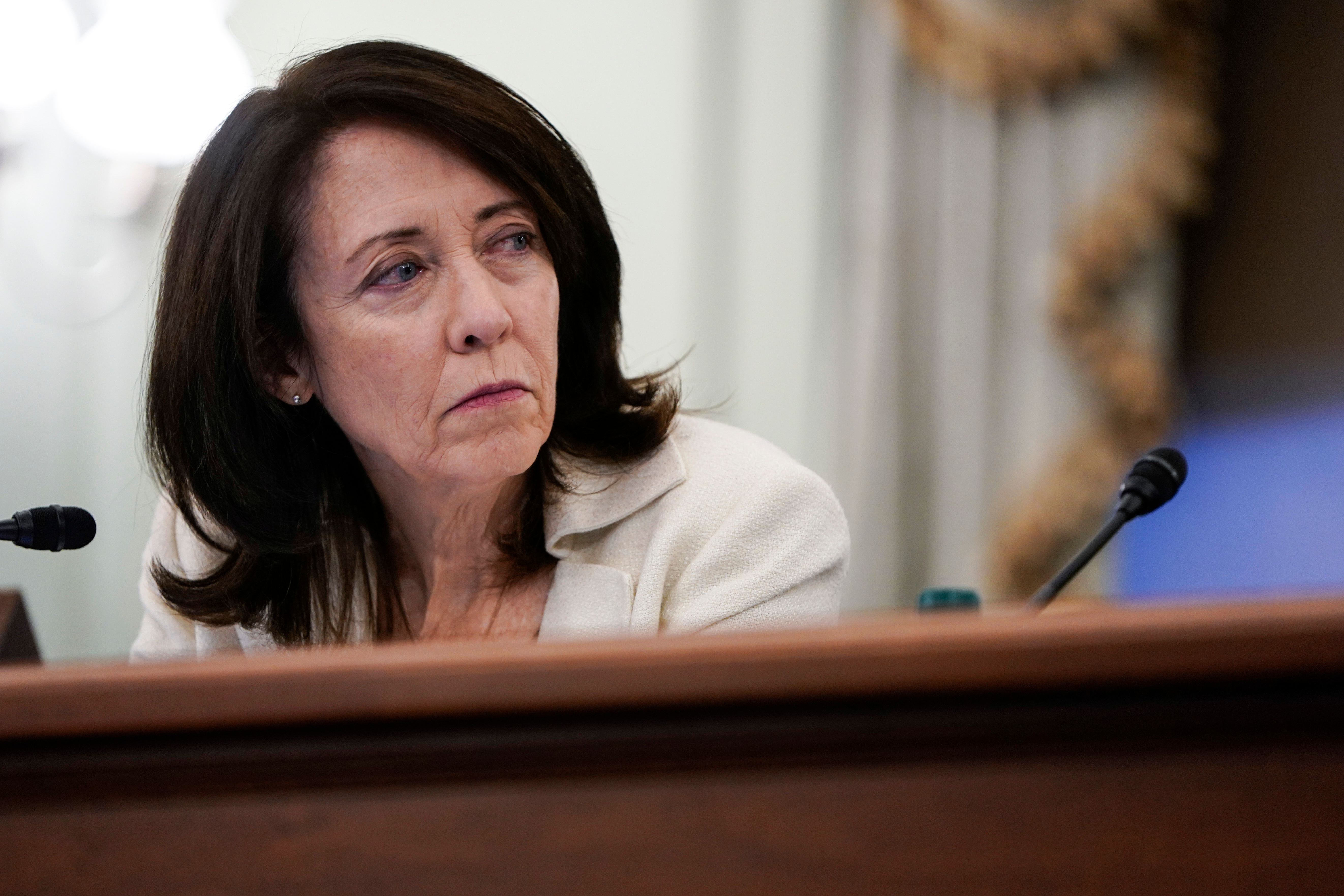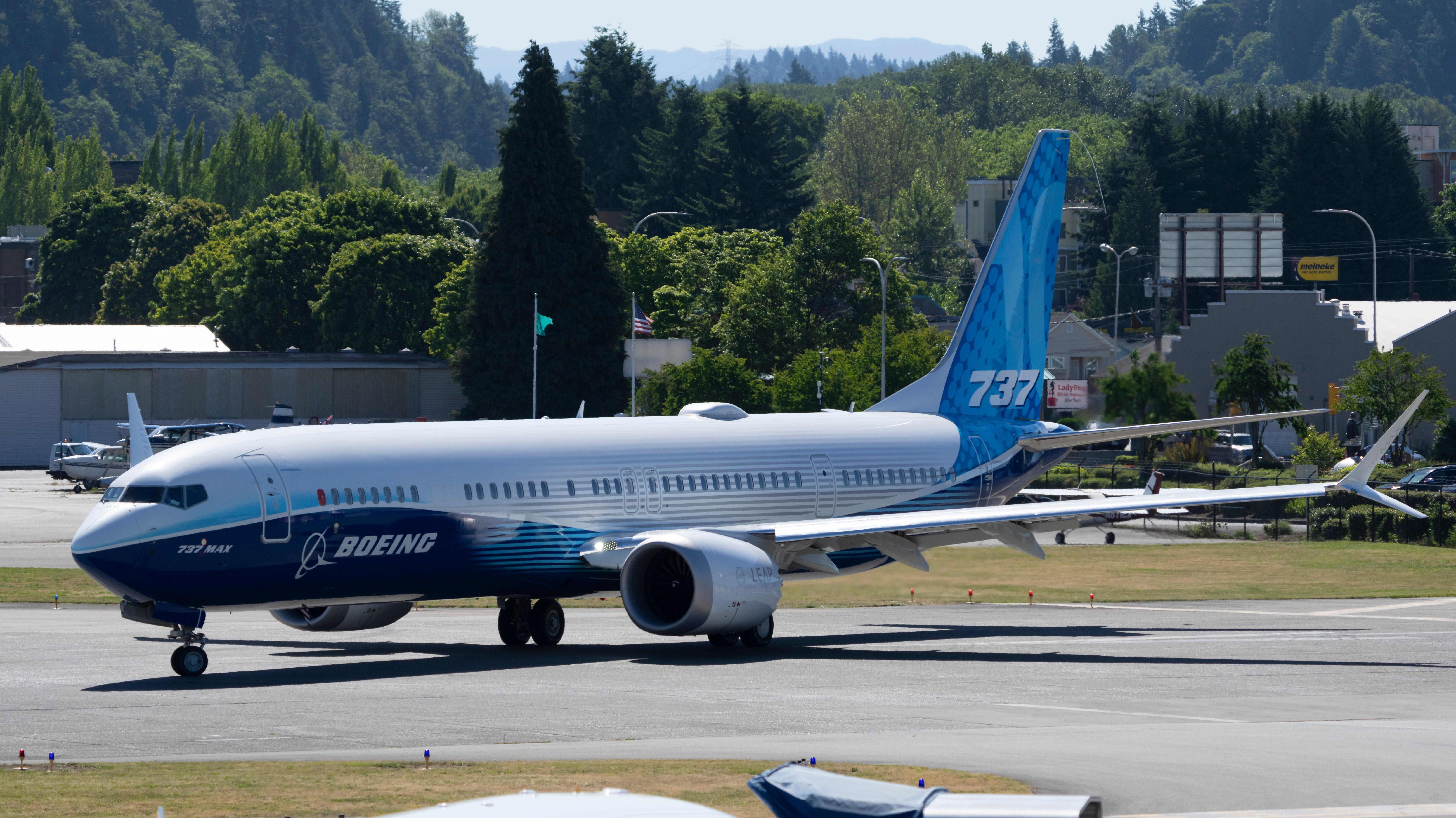Congress To Let FAA Certify Boeing 737 MAX 7 And MAX 10 Without Major Changes
Lobbying has allowed the MAX 7 and 10 to be certified nearly unchanged in the wake of two deadly crashes.
Boeing has gotten its Christmas wish, because Congress has lifted an upcoming deadline that imposed a new safety standard for modern airplane cockpit alerts on two new versions of the company's 737 MAX jetliner. It means the two planes can be certified without further changes.
Reuters reports the company has been heavily lobbying lawmakers for months in order to get the December 27th deadline – which impacted the MAX 7 and MAX 10 – waived. The deadline for the new safety equipment was imposed by Congress a couple of years ago after two fatal 737 MAX crashes in Indonesia and Ethiopia that killed 346 people.
The waiver was attached to a bill that is meant to fund the U.S. government, averting an upcoming shutdown. If the waiver didn't go through, the FAA could not certify the two planes to fly passengers without an extensive design upgrade to the systems that let crew know when something has gone wrong in flight.

According to The Seattle Times, while there won't be an upgrade requirement, the language of the new bill stipulates a proposal by Washington Senator Maria Cantweel that requires all airlines to retrofit two safety enhancements that had already been developed for the MAX 10. They will now be retrofitted to MAX 7, 8, and 9 jets. According to Reuters, those safety enhancements are a synthetic enhanced angle-of-attack system and the ability to shut off stall warning and overspeed alerts. Investigators found that faulty software in these systems led to the two MAX crashes.
Boeing will have three years after the MAX 10 is certified to retrofit the safety enhancements to all MAX models. After that deadline – which certainly will never be changed – none of the jets can operate without them. Boeing also has to foot the bill for the cost of the retrofits to its planes.
This is obviously good news for the airplane manufacturer. The Seattle Times reports that back in July, the company's CEO alluded to the idea that the 7 and 10 may be canceled if the waiver couldn't be secured.
According to Reuters, there were loud voices on both sides of the argument. Aviation unions have warned Congress that failure to lift the deadline could threaten jobs. However, on the other side, families of those killed in the two crashes and "Miracle on the Hudson" pilot Sully Sullenberger was staunchly against lifting it.
